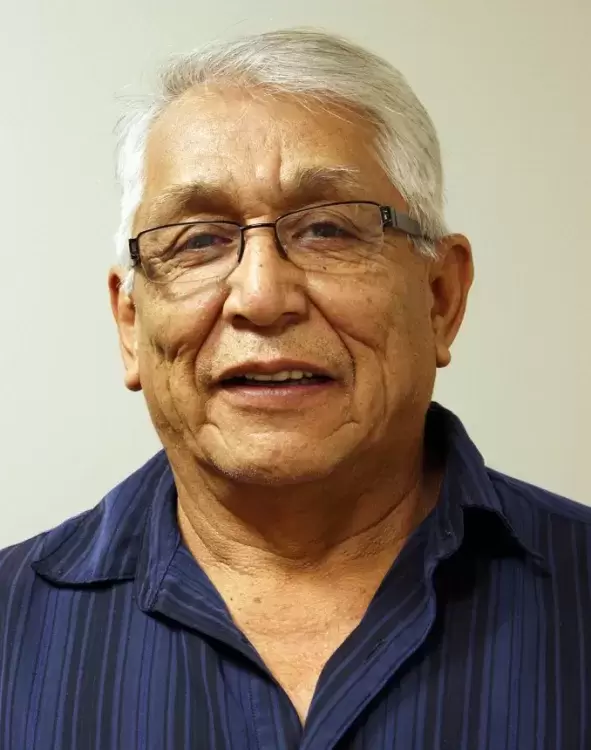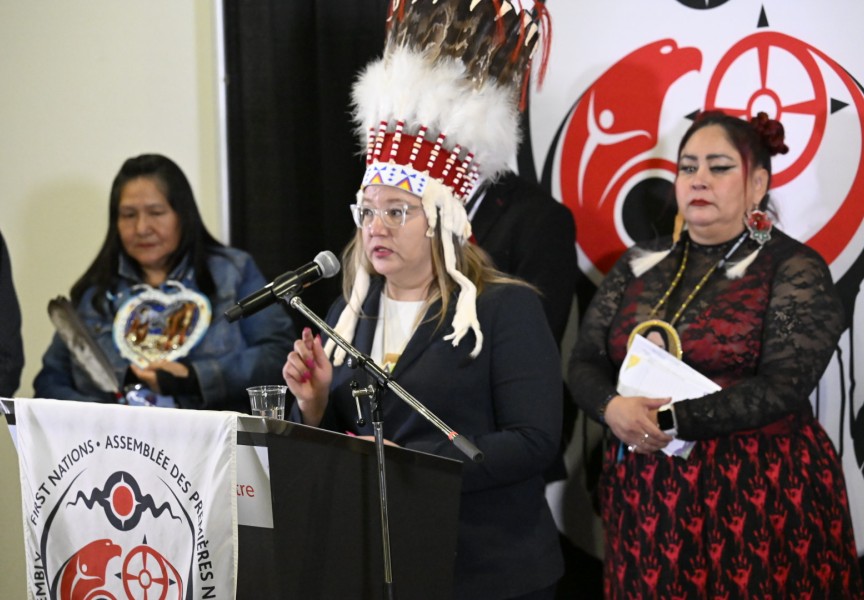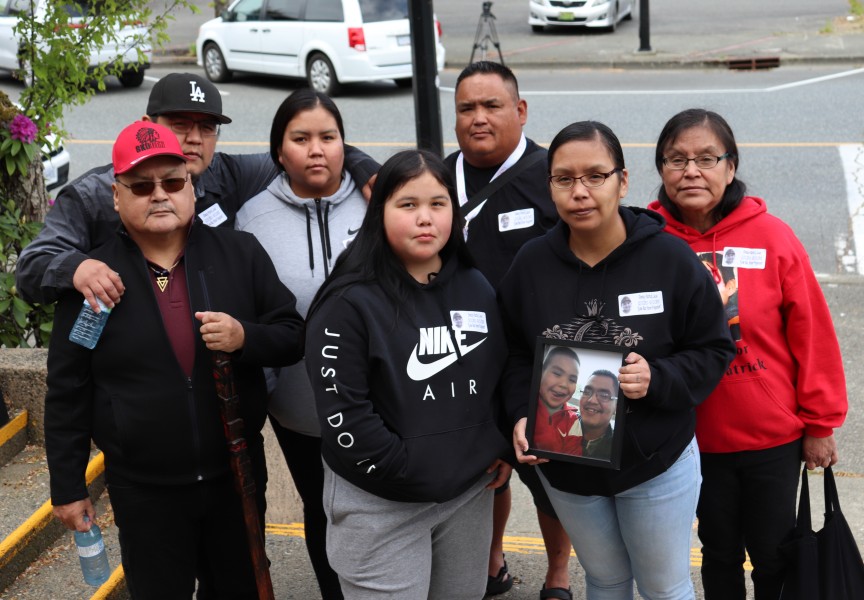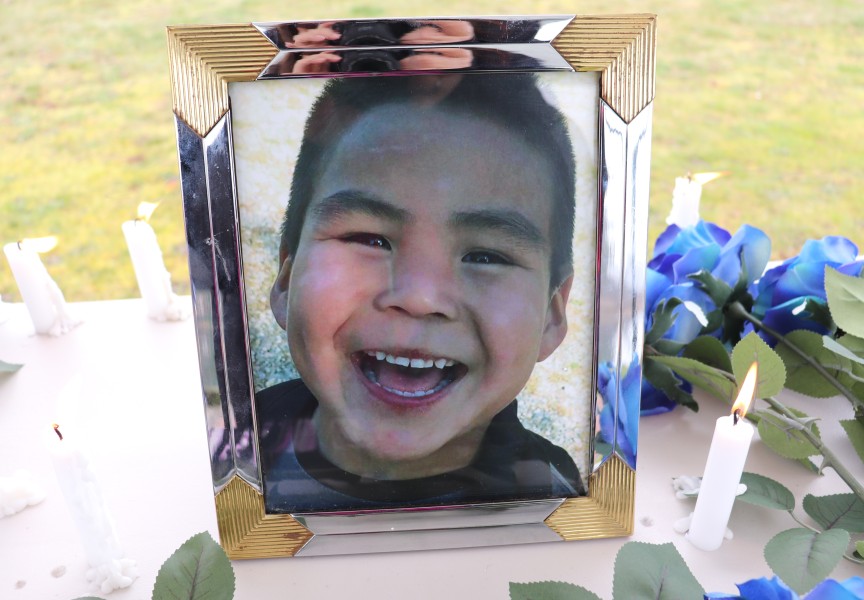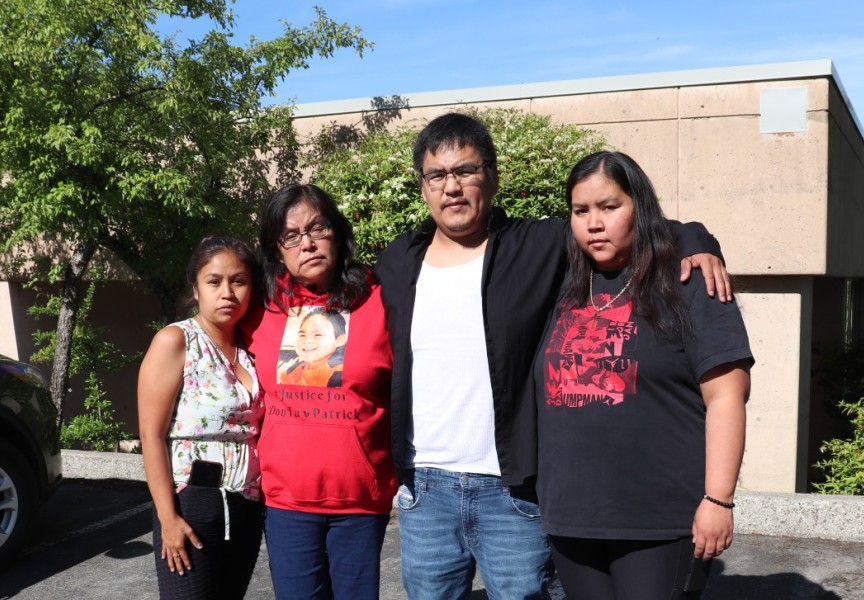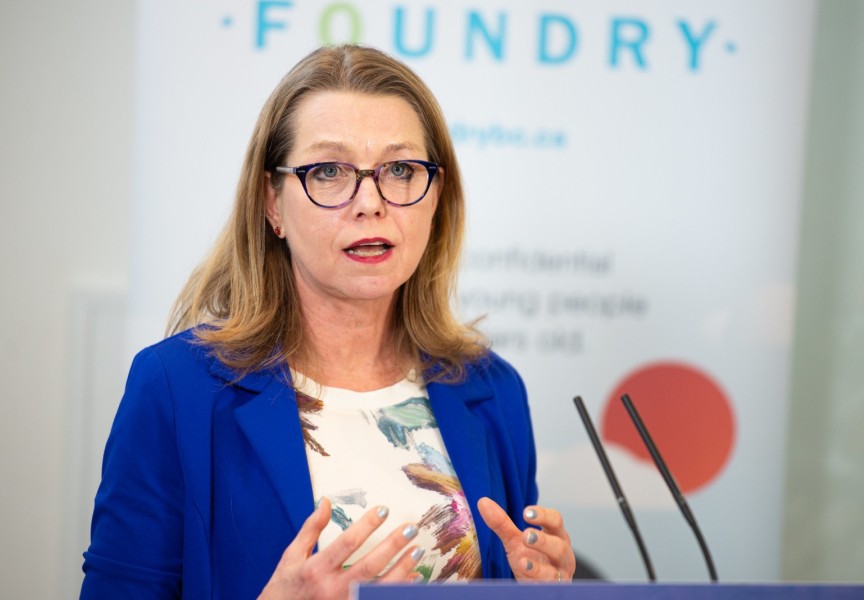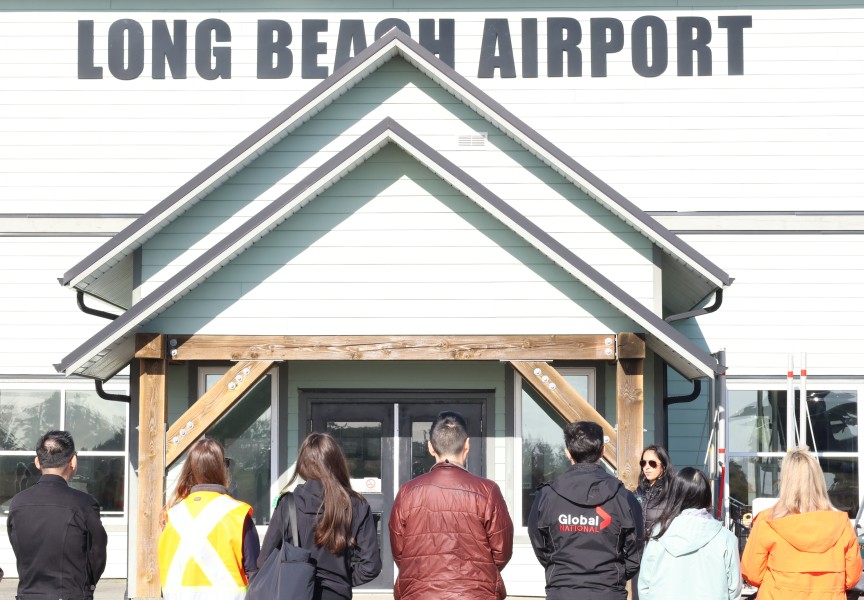As it watches the number of children in foster care grow, the Huu-ay-aht First Nations has declared “a public health emergency” in a statement released March 8.
In mid-March the First Nation was preparing for meetings with officials from B.C.’s Ministry of Children and Family Development as well as representatives from the federal government. The First Nation planned to request immediate funding to help curb the growing trend of removing children from their families – a practice that many see as a continuation of the intergenerational separations mandated by Canada’s residential school system.
Over the last year the Huu-ay-aht have been working to implement 30 recommendations from its Social Services Panel, a group of experts assembled by the First Nation to investigate the large number of its children placed in foster care. Since those recommendations were released in late May 2017, the proportion of the Huu-ay-aht’s children in care has grown from 15 to over 20 per cent.
“When we started working on the recommendations from our Social Services Panel, our nation had 34 or our 220 children in care, and 25 were in non-First Nations homes. That number is now 47, with 35 in non-First Nation homes,” said Huu-ay-aht Chief Councillor Robert Dennis. “I was shocked to hear it was increasing. There is a better way, and we need the province and federal government to immediately do their part to find a solution to this crisis for all First Nations communities.”
“For years the child welfare system has failed Indigenous children and families,” responded Katrine Conroy, B.C’s Minister of Children and Family Development in a statement sent to the Ha-Shilth-Sa. “We’re committed to changing that by reducing the number of children coming into ministry care, and addressing their overrepresentation in the care system.”
This was prioritized when Conroy took her post last July in a mandate letter from Premier John Horgan after the NDP formed a government. That letter identifies the need to reduce the number of Aboriginal children placed in the foster care system, pointing to Grand Chief Ed John’s report, which stresses the importance of keeping Indigenous youngsters in the care of family.
“We’re making progress – in the last year, we’ve decreased the number of Indigenous children in care in B.C. by almost 100 – but there’s still lots of work to be done,” said Conroy. “We are working collaboratively with individual First Nations and the federal government on First Nations jurisdiction over child welfare.”
Unfortunately, the Huu-ay-aht have not seen this progress over the NDP’s current term, as the number of the First Nation’s children in care has grown. Since the Social Services Panel Report was released, the Huu-ay-aht have invested over $600,000 to implement the recommendations, including hiring additional full-time staff to support families. But with $1.8 million a year required to follow through with the recommendations, more help is needed to change the current trend, said Dennis.
“We have a plan that can bring the number of children in care to zero, but we have not received support from either the provincial or federal governments,” he said.
Conroy said that the provincial government and First Nations must commit to working together “if we are to effectively change the trajectory of Indigenous child welfare in this province.”
“Government will also bring legislation forward this spring that will support earlier involvement and planning with Indigenous communities to keep their children out of care,” she added.
Such cooperation is not evident in an ongoing case concerning an infant that was removed by the ministry from the mother three days after birth in January. With the newborn under the care of the paternal grandmother in Courtenay, the 20-year-old mother was limited to two hours a day with the baby – with no access on weekends due to the unavailability of ministry staff to supervise. In February a B.C. Supreme Court ruling granted the mother, who is from Port Alberni and a member of the Huu-ay-aht First Nations, at least six hours a day, seven days a week. But by early March lawyers representing the Ministry of Children were seeking to reduce this access, according to the Huu-ay-aht.
“This case is a clear example of everything that is wrong,” said Dennis. “This system is broken.”
As the Huu-ay-aht were advocating for the mother, a possible foster home with extended family was offered to the ministry. The newborn did not go to this family, but another Huu-ay-aht child has recently been placed in this household.
“While we strive to keep families together, at least in this case, we were able to find the best solution for the child – one that ensures continued access to the child’s own family, culture, traditions and land,” said Dennis.
“I know that ministry officials are meeting with the Huu-ay-aht,” noted Conroy. “I look forward to a productive dialogue so that we can find ways to work together more effectively and meet our shared goal of strengthening families and keeping children safe.”

